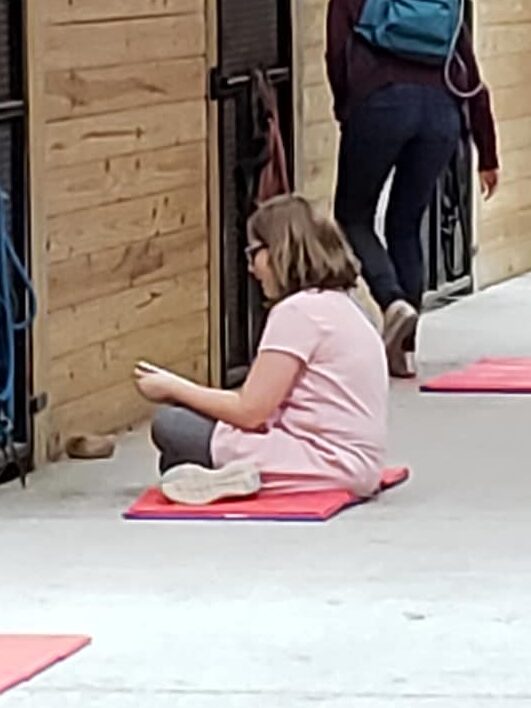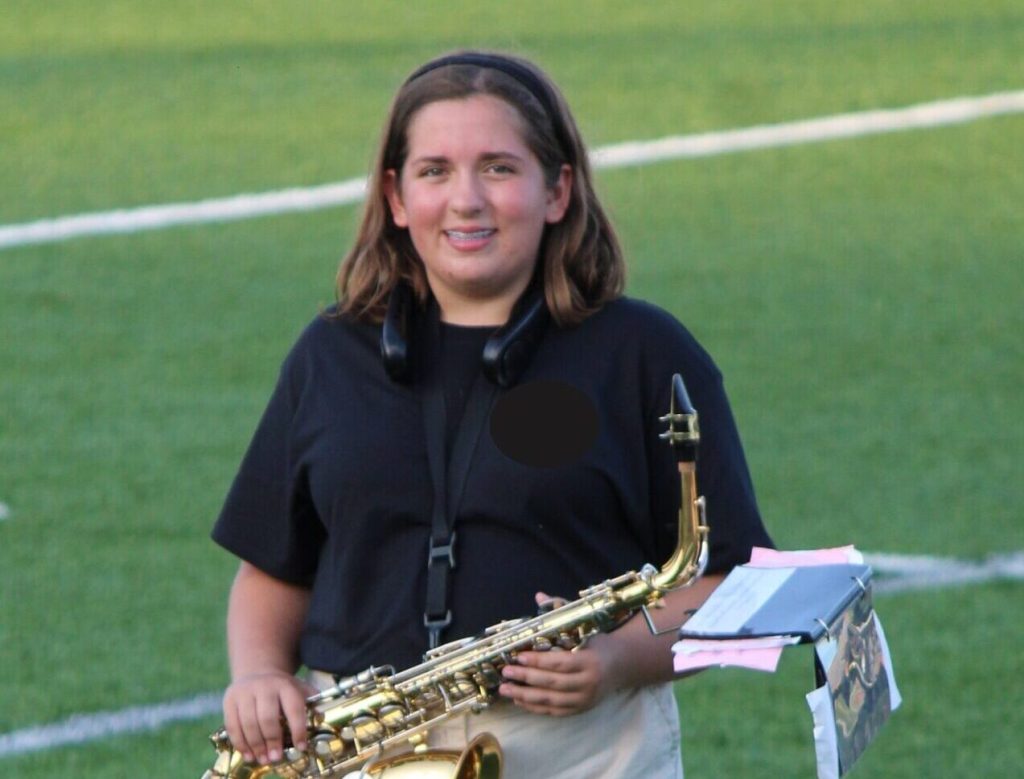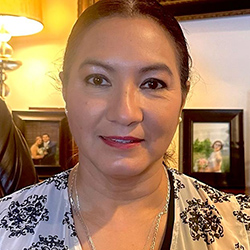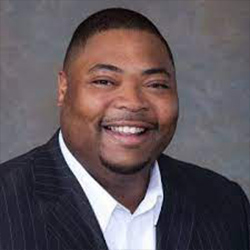Written by: Angela Barbosa
In many ways, our May Featured Volunteer Anna Kate Roberson is your average teenager. She attends high school and plays in the band. She plays soccer and enjoys drawing, reading, and being around animals, including riding and grooming horses.
Anna Kate also has an autism level 1 diagnosis. It makes mastering school subjects more difficult for her. An element of her diagnosis, “tactile defensiveness,” also makes wearing certain clothes – like the jeans she needs for horseback riding – intensely uncomfortable.
Instead of letting any of this hold her back, Anna Kate uses her passion for animals to figure out ways to not only work with her autism but excel.
This smart, determined 14-year-old from the Tampa Bay area regularly volunteers at two non-profit organizations that rescue and rehabilitate abused and neglected horses, RVR Horse Rescue (RVR) and Hope Equine Rescue. Anna Kate attributes working with the horses to helping her manage some of the challenges of her diagnosis, become a top science student, and making strides toward a big life goal.
Volunteering: Not always glamorous, but always rewarding
A lot of Anna Kate’s work at the rescues stinks. “Mucking the stalls … basically, you pick up the horse poop,” she laughs, and watering and feeding the horses. Even in the feeding routine, though, Anna Kate has had the opportunity to learn about caring for horses with special health needs, feeding not only their usual hay but a nutritious but smelly wet food puree to the horses with sensitive stomachs.
While both RVR and Hope Equine Rescue take in horses for a variety of reasons, unfortunately, some horses have been abused. As a result, the animals can lose their trust in humans, which can impact them for the rest of their lives. Staff and volunteers like Anna Kate work to help the abused horses trust humans again.
Anna Kate talks passionately about the importance of working to repair the damaged horse-human relationship to give them a better, more peaceful life. As a minor, she isn’t able to interact directly with the horses in need of critical care, but she does watch and learn as adult volunteers work with them … and she’s able to help from just outside the stalls.
One aspect of her volunteer work Anna Kate particularly enjoys is sitting outside the stall and simply being there with a troubled horse. “It’s relaxing for both humans and horses,” she says. Simply being close can help the horse get used to human interaction again. On occasion Anna Kate has even read to the horses, noting that the smart, sensitive creatures seem to know she’s talking directly to them, which also helps build trust.
“When there’s enough trust with the horses, you can do other experiences with them,” she says. “Some of the horses that come in in the worst condition can become the most beautiful animals.”

Steps toward a big goal
Whether hands on or observing others caring for the horses, Anna Kate’s volunteer work has not only given her a sense of purpose but has also supported her education.
When she was homeschooled in past years, the volunteer work was a direct part of her curriculum. Now as a high schooler, volunteering at the rescues provides experience toward fulfilling the career goal she has had since sixth grade—becoming a veterinarian.
Passionate about all animals, Anna Kate has a particular love of horses and knows there is a need for large animal veterinarians in Florida. The combination of her volunteer experience and her high school’s veterinary medicine program will allow Anna Kate to test for a Veterinary Assistant’s certificate upon graduation, another step toward her ultimate goal.
Why Volunteer?
Anna Kate credits her volunteer work with helping her manage some of the challenges of autism and recommends it for others. “It can really clear the mind. It can help you relax. I can get away from the outside world, and I can help,” she says.
Additionally, many high schools require volunteer hours for graduation. Volunteering may also open doors to college admissions, scholarships, and other educational and work opportunities.
Anna Kate highly recommends finding places that need help and putting in the time. In fact, she has a four-step formula for her fellow students who are interesting in volunteering:
- Think about causes that you are passionate about supporting. “When you’re passionate about something, it’s a motive to let you do something.”
- Find non-profits in your local area that are related to your passions.
- For younger volunteers, check on the age requirements of the non-profits you like. Also, check with your high school to see if volunteer hours at your chosen non-profit can be applied toward graduation requirements.
- Volunteer!
If you have the determination and the support of your family, you can do anything. You really can,” insists Anna Kate. “When you’re passionate about something, that’s your motive. If you have a motive, you can do it.”
Check out Anna Kate’s podcast at Anna Kate’s Passion for Animals and Experience with Autism.




